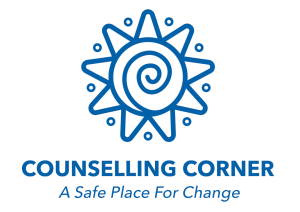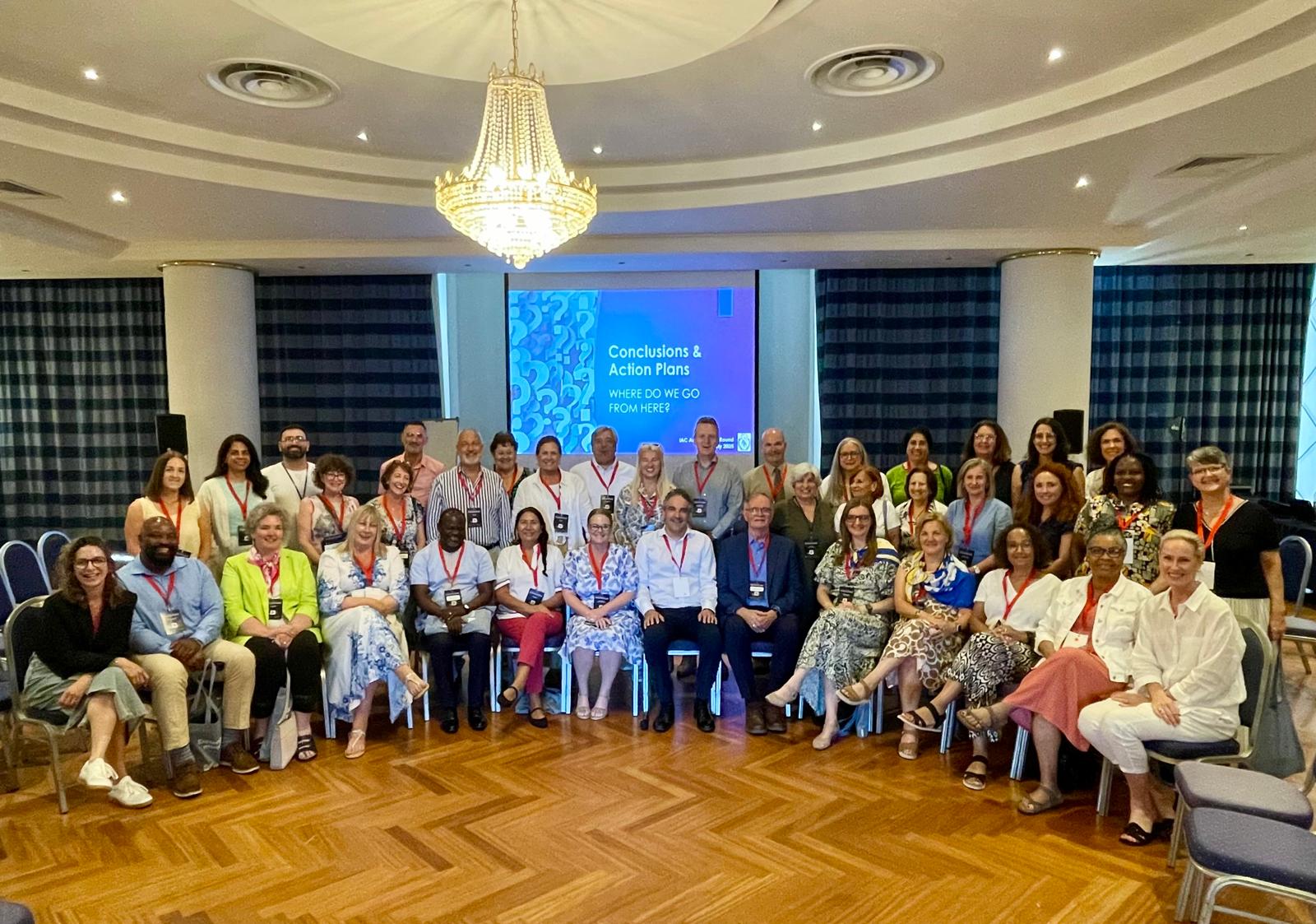All Executive Committee members serve a term of three years, with a maximum of two consecutive terms in any one role. See further details in the IAC Constitution and Executive Council Member Handbook.
1. President
- Provide Leadership: Oversee the overall direction and strategic vision of the association, ensuring alignment with its mission and goals.
- Preside Over Meetings: Chair all Executive Council meetings and General Assemblies, ensuring effective governance and decision-making.
- Represent the Association: Serve as the primary spokesperson and representative of the association at international events, conferences, and in media.
- Facilitate Communication: Ensure clear communication between the Executive Council, committees, and members.
- Ensure Compliance: Oversee adherence to the association’s bylaws, policies, and ethical standards.
- Appoint Committee Chairs: Designate chairs for various committees and task forces as needed.
2. Vice-President of Operations
- Align Operations with Strategy: Ensure that all operational activities are in line with IAC’s strategic goals and priorities.
- Support Committee Functioning: Provide oversight and support to operational committees, ensuring efficiency and collaboration.
- Evaluate Performance: Develop and monitor performance metrics and operational benchmarks.
- Improve Processes: Identify and implement process improvements for better service delivery and internal coordination.
- Collaborate with Others: Work closely with Directors, the CEO, and Committee leaders to support implementation of Executive Council decisions.
- Contribute to Governance: Support the development of policies and procedures to enhance IAC’s organizational effectiveness.
3. Vice-President of Regional Development
- Lead Regional Strategy: Develop and implement strategies to strengthen regional engagement and branches.
- Support Regional Directors: Provide support to IAC Regional Directors in fulfilling their roles.
- Promote Inclusivity: Ensure equitable representation and input from all IAC regions in decision-making processes.
- Foster Partnerships: Build relationships with national associations and regional networks to promote IAC’s presence.
- Facilitate Communication: Serve as a key liaison between the Executive Council and Regional Directors.
- Report Regional Needs: Bring forward regional issues, successes, and needs to inform IAC policy and programming.
4. Secretary
- Maintain Records: Keep accurate minutes of all Executive Council meetings, General Assemblies, and official communications.
- Manage Correspondence: Handle all formal communications and correspondence for the Executive Council and the association.
- Ensure Document Accessibility: Ensure that all official documents, minutes, bylaws, and policies are accessible to members and securely stored.
- Support Executive Council Operations: Assist with the planning and organization of Executive Council meetings, including scheduling, agenda preparation, and distribution of materials.
- Liaise with Members: Serve as a point of contact for Executive Council members and facilitate communication among them.
- Monitor Compliance: Ensure compliance with legal and regulatory requirements concerning documentation and record-keeping.
5. Treasurer
- Manage Finances: Oversee all financial activities, including budgeting, accounting, and financial reporting.
- Prepare Financial Statements: Provide regular financial statements and reports to the Executive Council and membership.
- Develop Budget: Collaborate with the Executive Council to develop an annual budget and monitor expenditures to stay within budget.
- Ensure Compliance: Ensure compliance with financial regulations, including audits, tax filings, and grant reporting.
- Support Fundraising Efforts: Work closely with the Director of Fundraising to plan and execute fundraising strategies.
- Financial Planning: Advise the Executive Council on financial planning, risk management, and fiscal sustainability.
6. Chief Executive Officer (CEO) – Non-voting
- Implement Executive Decisions: Execute the strategic directives and policies approved by the Executive Council.
- Manage Daily Operations: Oversee the daily management of the Association, including administration, and program delivery.
- Supervise Staff and Contractors: Lead and manage IAC staff, contractors, and consultants, ensuring high performance and accountability.
- Ensure Regulatory Compliance: Monitor and ensure compliance with legal, ethical, and policy standards.
- Support Council Functions: Provide timely reports, data, and recommendations to assist the EC in decision-making.
- Manage Financial and Risk Oversight: Work with the Treasurer and Officers Group to support sound financial and risk management practices.
7. Director of Fundraising and Membership
- Develop Fundraising Strategy: Design and implement strategies to secure funding through grants, sponsorships, and donations.
- Grow Membership Base: Lead efforts to attract, retain, and support a diverse and engaged membership globally.
- Manage Donor Relationships: Build and maintain relationships with funders and supporters to ensure long-term engagement.
- Support Membership Services: Ensure the effective delivery of membership benefits, services, and communications.
- Collaborate with Treasurer: Work closely with the Treasurer to align funding needs with budgeting processes.
- Support Visibility: Enhance the profile of IAC through fundraising campaigns and membership engagement activities.
8. Director of Policy, Education and Liaison Partnerships
- Lead Policy Development: Oversee the creation and review of IAC policies and advocacy positions.
- Support Educational Standards: Guide the development of professional and ethical standards for counselling education worldwide.
- Promote Research: Facilitate and support research initiatives relevant to counselling practice and policy.
- Liaise with International Bodies: Represent IAC in partnerships with other international institutions.
- Build Academic Partnerships: Develop relationships with universities, institutes, and educational networks.
- Coordinate Education Projects: Oversee global educational initiatives, training, and capacity-building programs.
9. Director of Communications
- Develop Communication Strategy: Create and implement a comprehensive communication strategy for internal and external audiences.
- Manage Public Relations: Oversee the association’s public relations efforts, including media relations and press releases.
- Maintain Digital Presence: Ensure the association's website, social media, and other digital platforms are up-to-date and engaging.
- Produce Newsletters and Publications: Oversee the production of newsletters, journals, and other publications.
- Support Marketing Efforts: Collaborate with the Director of Fundraising on marketing and promotional campaigns.
- Facilitate Internal Communication: Advise on effective communication between the Executive Council, staff, and members.
10. Regional Directors
- Represent the Region: Act as the main representative for the association in their specific region.
- Coordinate Regional Activities: Plan and oversee regional activities, events, and initiatives.
- Recruit and Retain Members: Work on strategies to recruit new members and retain existing members in the region.
- Facilitate Communication: Serve as a liaison between the regional members and the Executive Council.
- Promote Association Programs: Promote the association’s programs, resources, and events within the region.
- Collaborate on Regional Growth: Work with other Regional Directors to share best practices and collaborate on growth strategies.
11. Immediate Past President (Non-voting)
- Provide Advisory Support: Offer guidance and continuity to the incoming President, drawing on past experience to support their transition.
- Assist in Transition: Help ensure a smooth handover of responsibilities, assisting with key transitions in leadership.
- Support Strategic Planning: Provide insights into strategic decisions, helping to shape the direction of the association based on past experiences.
- Act as a Resource: Serve as an advisor for the new President, offering counsel as needed during the first year of their term.
__________________________________________________________________________
Appointed or Support Roles:
- Chair of the Elections Committee – Appointed from EC or wider membership if no eligible EC member.
- Chair of the Ethics Committee – Appointed from the EC or wider membership in no eligible EC member.
- Consultants – Appointed to assist with projects or provide expertise.
- Subcommittee Chairs – Appointed by the EC for standing or ad hoc committees.




